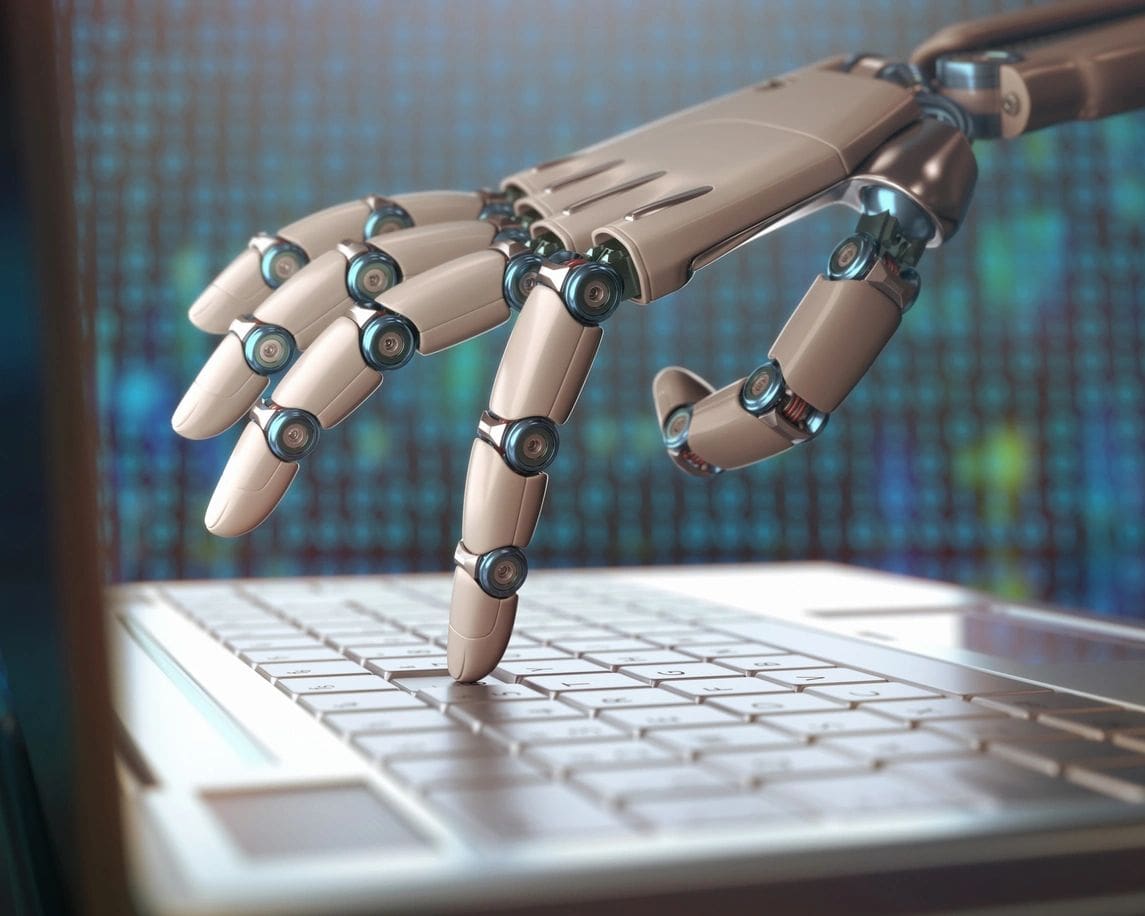
AI in the workplace – good or bad?
Introduction
Artificial Intelligence is revolutionizing the workplace with its commendable capabilities in terms of speed, efficiency, and accuracy of performance with negligible errors. While AI brings a lot of benefits into the workplace, it does not remain immune to risks. The more specific risks associated with AI are related to ethical issues, fear of losing jobs, and serious mistakes because of over-dependency.
Benefits of AI at Work
- Idea Generation
AI can save considerable time and mental effort in generating ideas. It can access very large resources, totally without biases held intrinsically, to give rise to novel and truly unique concepts. This feature is especially useful in cases of writer’s block or similar inertias.
- Evaluation of Decisions
The emotionless nature of AI enables it to view the situation more objectively and provide clear decision-making processes, evaluating possible outcomes of a certain action. It can also present critical criteria for decision-making that might not have been initially considered.
- Writing Quality
AI-powered tools are able to very quickly and efficiently analyze documents in search of grammar issues and low readability. This automatic proofreading and editing can be very instrumental in adding much-needed professionalism by weeding out careless errors.
- Automating Repetitive Tasks
Considerable time can be saved by automating activities related to repetition or mundane tasks. Administrators are always busy, from data entry to other routine functions. Letting AI handle them will give the chance to the employees to maximize their time in exercising skillful judgment over more complex and strategic activities.
Risks of AI at Work
- Job Displacement
Among the prime concerns of Artificial Intelligence is in relation to job displacement. Since the AI systems do what had hitherto been human work, this could create unemployment and widen economic disparity. Those most affected are employees in manufacturing, transport, and customer service.
- Ethical and Privacy Concerns
AI also raises concerns about ethics and privacy in data collection and usage. To be effective, many AI systems actually come with very extensive data requirements, raising concerns about consent, data security, and possible misuse. Companies need to walk this thin line very carefully in order to retain trust and remain within the boundaries created by regulations.
- Over-reliance on AI
This will contribute to the eradication of human skills and judgment. An over-reliance on AI systems can make human beings gradually lose their skills and habits for critical thinking and problem-solving. This would further have implications for innovation and adaptability in the workforce.
Balancing the Benefits and Risks of AI
- Proper Purpose
Employees should focus on how to use AI in their jobs to augment them, not to complete the work for them. In using AI to perform entire tasks, workers can become vulnerable to being replaced as they are not adding value individually.
- Checking Information
There have been cases of AI fabricating facts; hence, workers should not rely on AI alone as that would mean not passing through the sources. Going through the information provided by AI ensures that it is accurate and reliable.
- Humanizing Content
AI writing tends to sound robotic, less human, without variation, and display of emotion. A human element in any communication is indispensable for the building of relationships and establishment of trust.
Conclusion
AI is a powerful tool associated with huge efficiency gains and cost savings. However, the mere fact that this is so does not guarantee security for workers, who must keep finding ways of further value addition besides what the AI can do. AI, though highly accurate, is not perfect; therefore, one cannot solely rely on it without checking.
Zero Cheating takes pride in ensuring that artificial intelligence is applied in responsible ways to enhance achievements in academics and not undermine the process of learning. Our advanced software recreates writing, thereby creating a transparent and fair environment. In other words, applying AI responsibly will enhance education by maintaining academic integrity.
